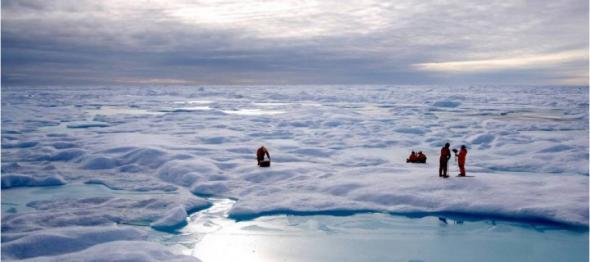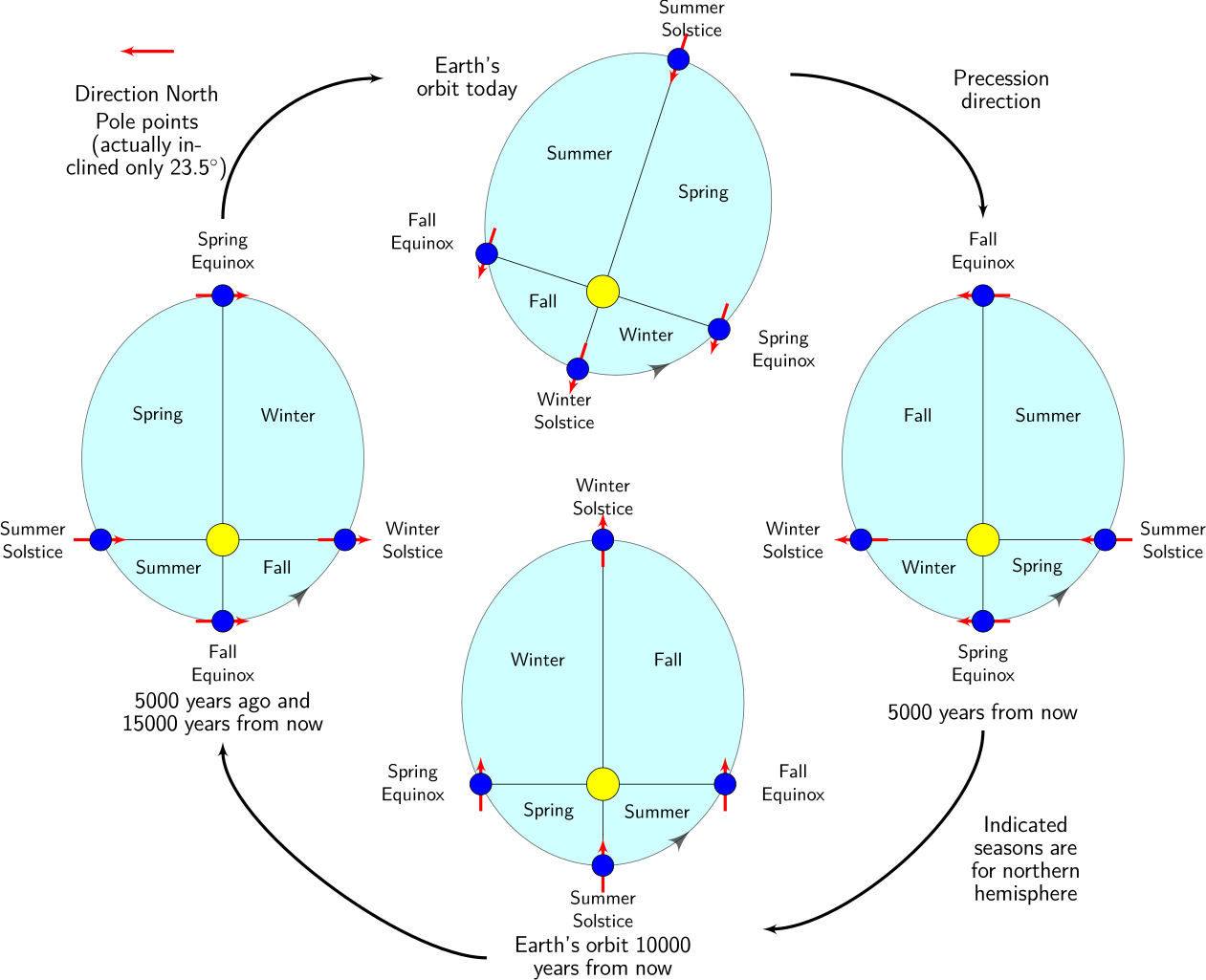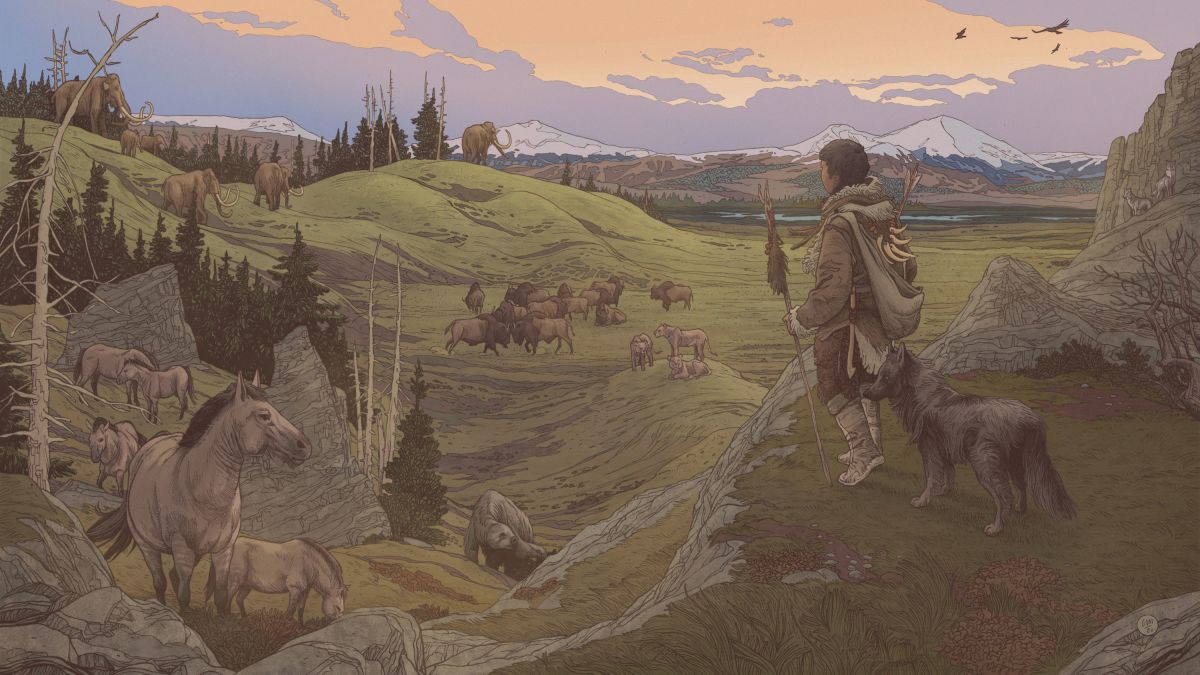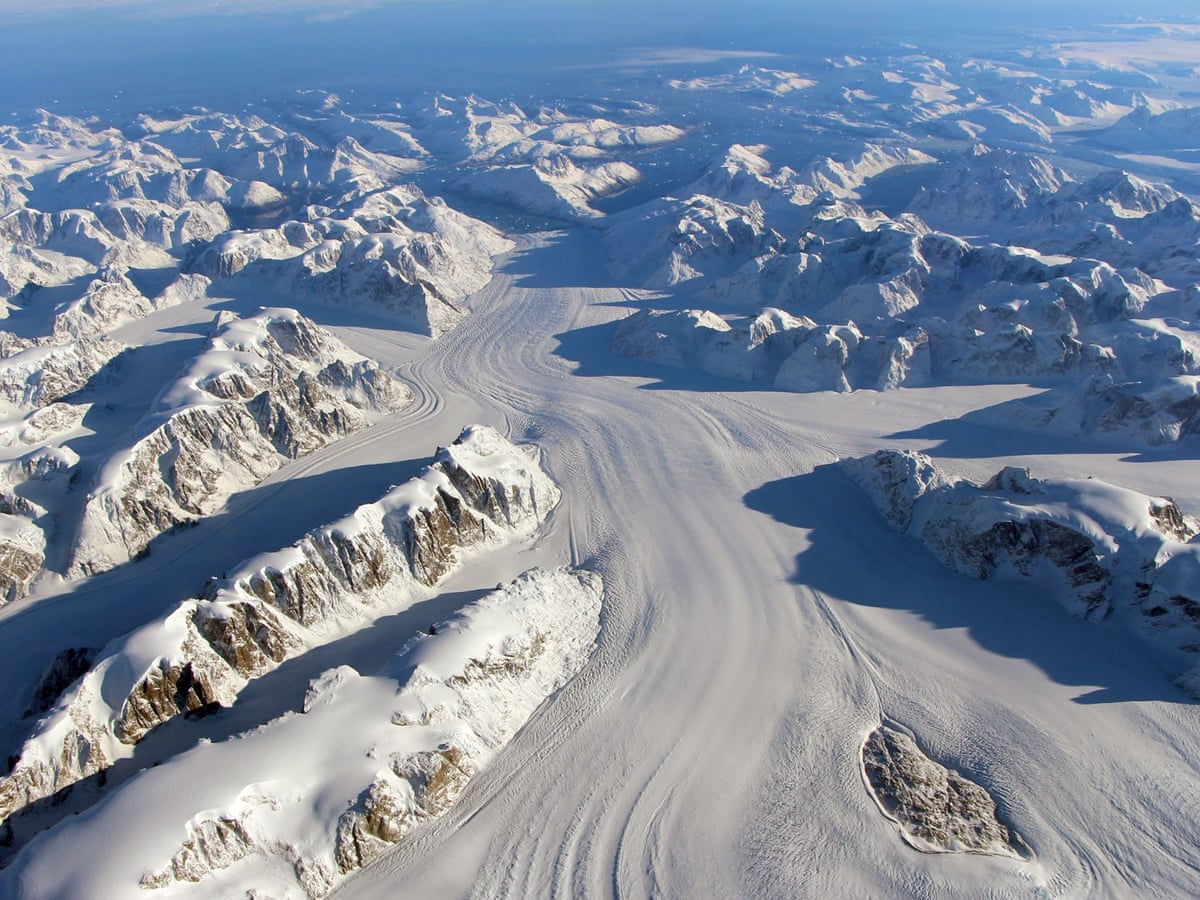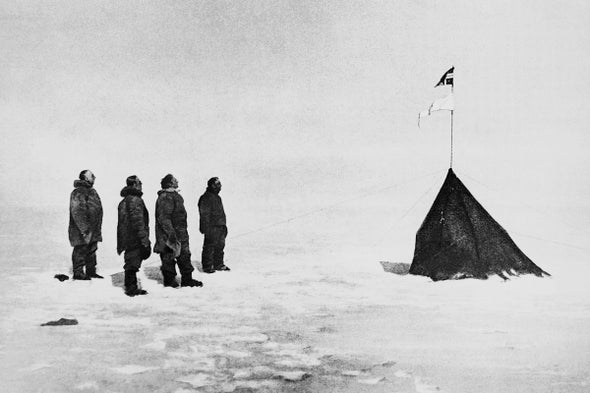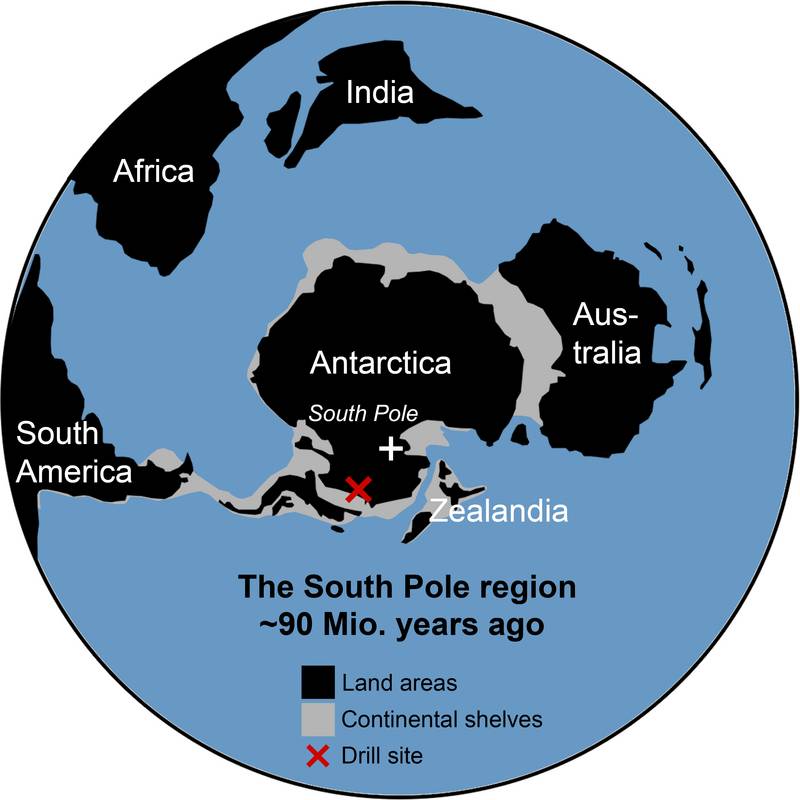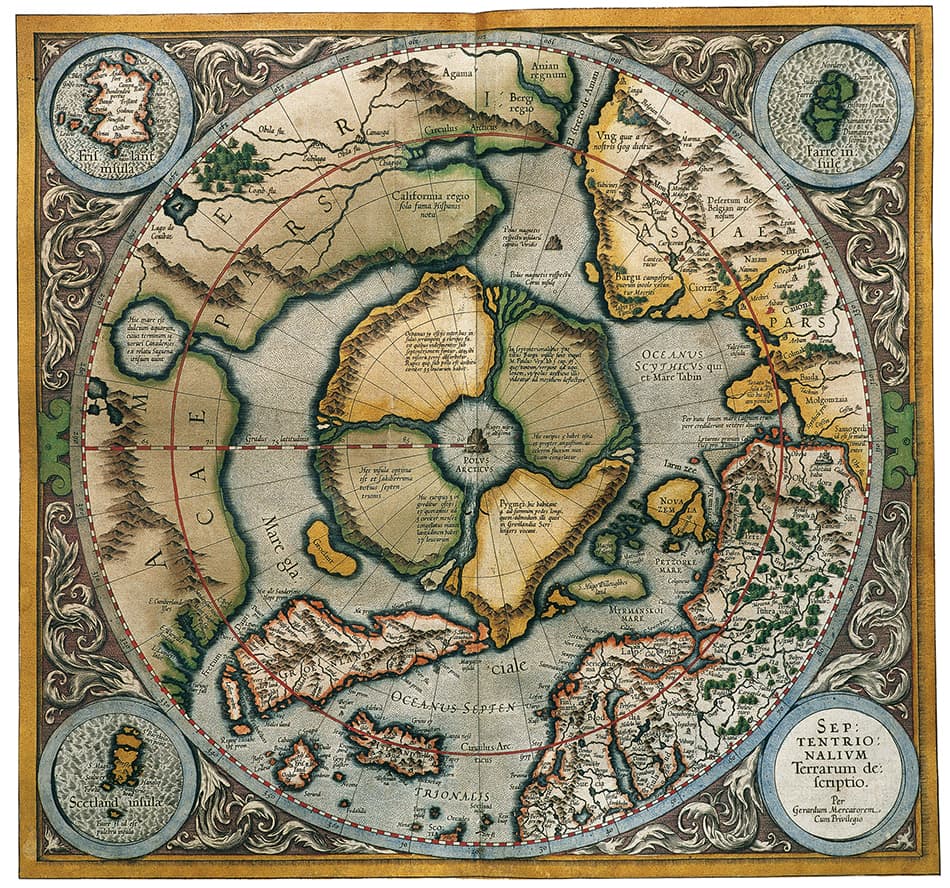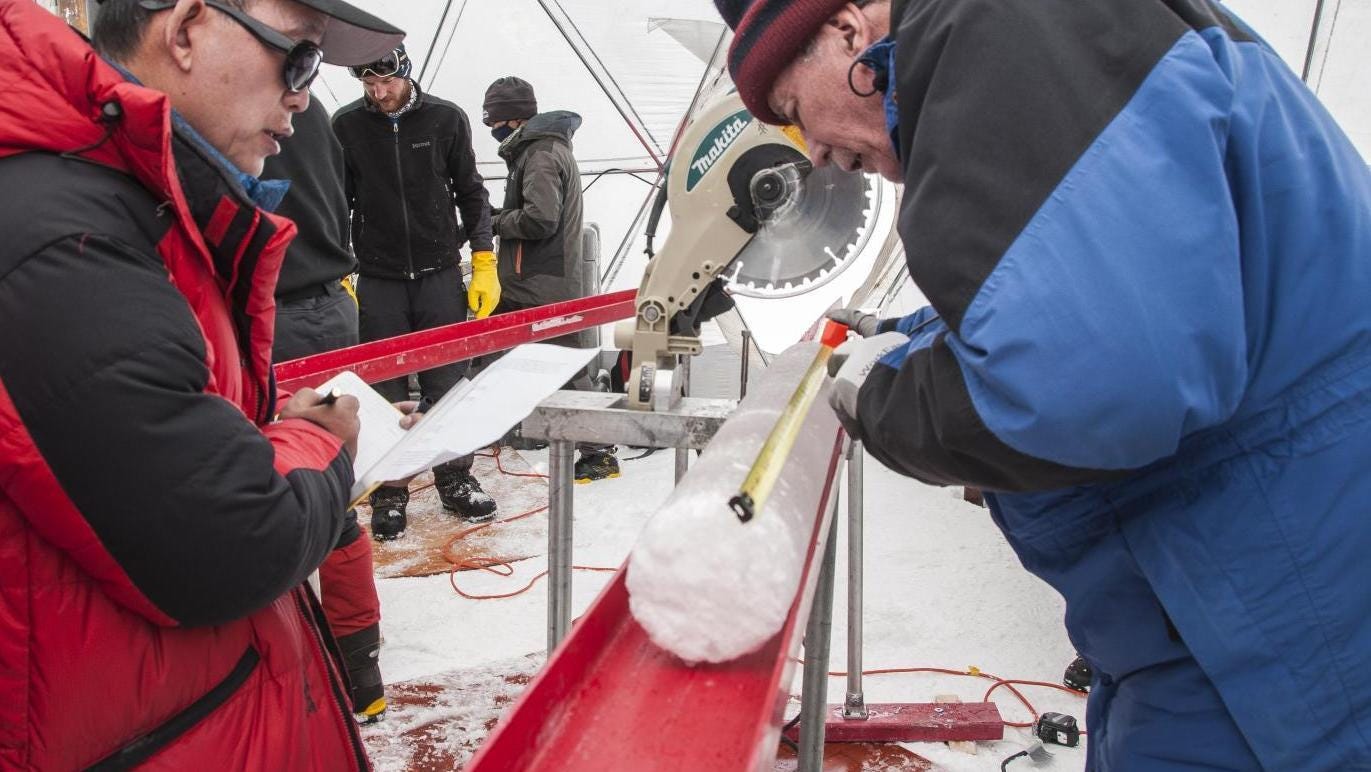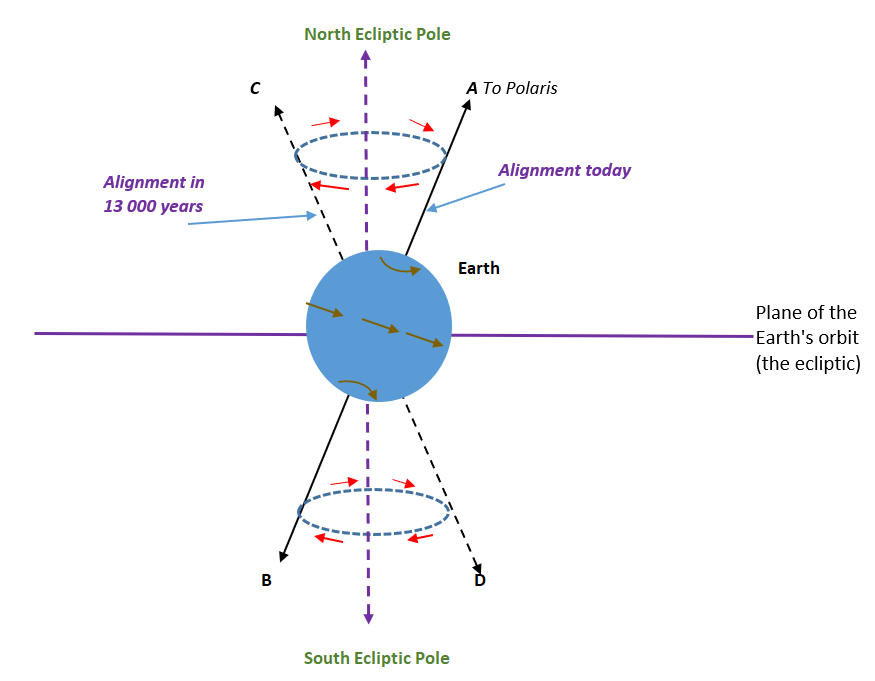/https://tf-cmsv2-smithsonianmag-media.s3.amazonaws.com/filer/58/bd/58bd177d-ffea-45bb-90b4-c79169db4db8/horse_mand_black-wr_no_scale.jpg)
Humans May Have Arrived in North America 10,000 Years Earlier Than We Thought | Science| Smithsonian Magazine
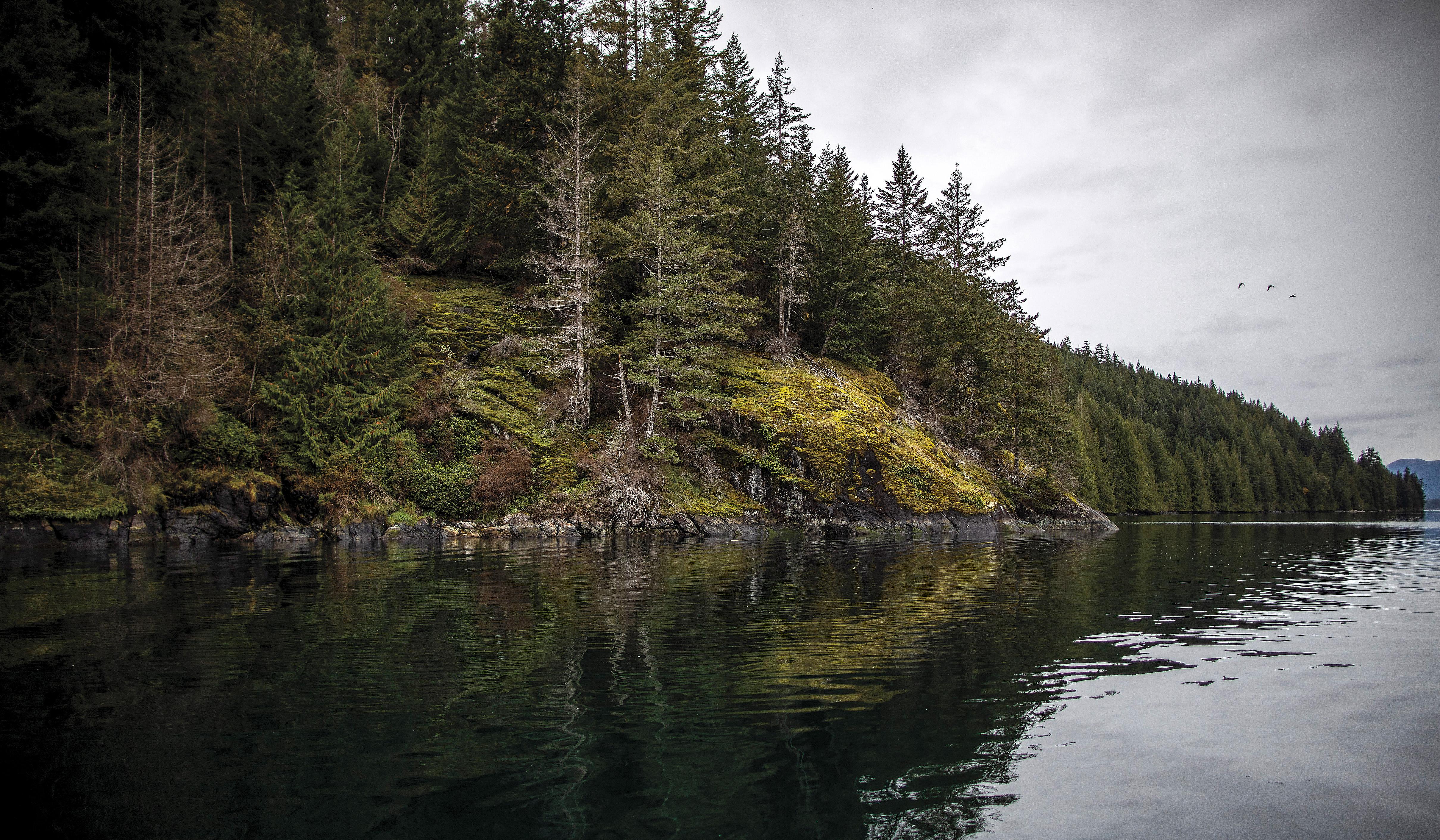
The Story of How Humans Came to the Americas Is Constantly Evolving | Science | Smithsonian Magazine
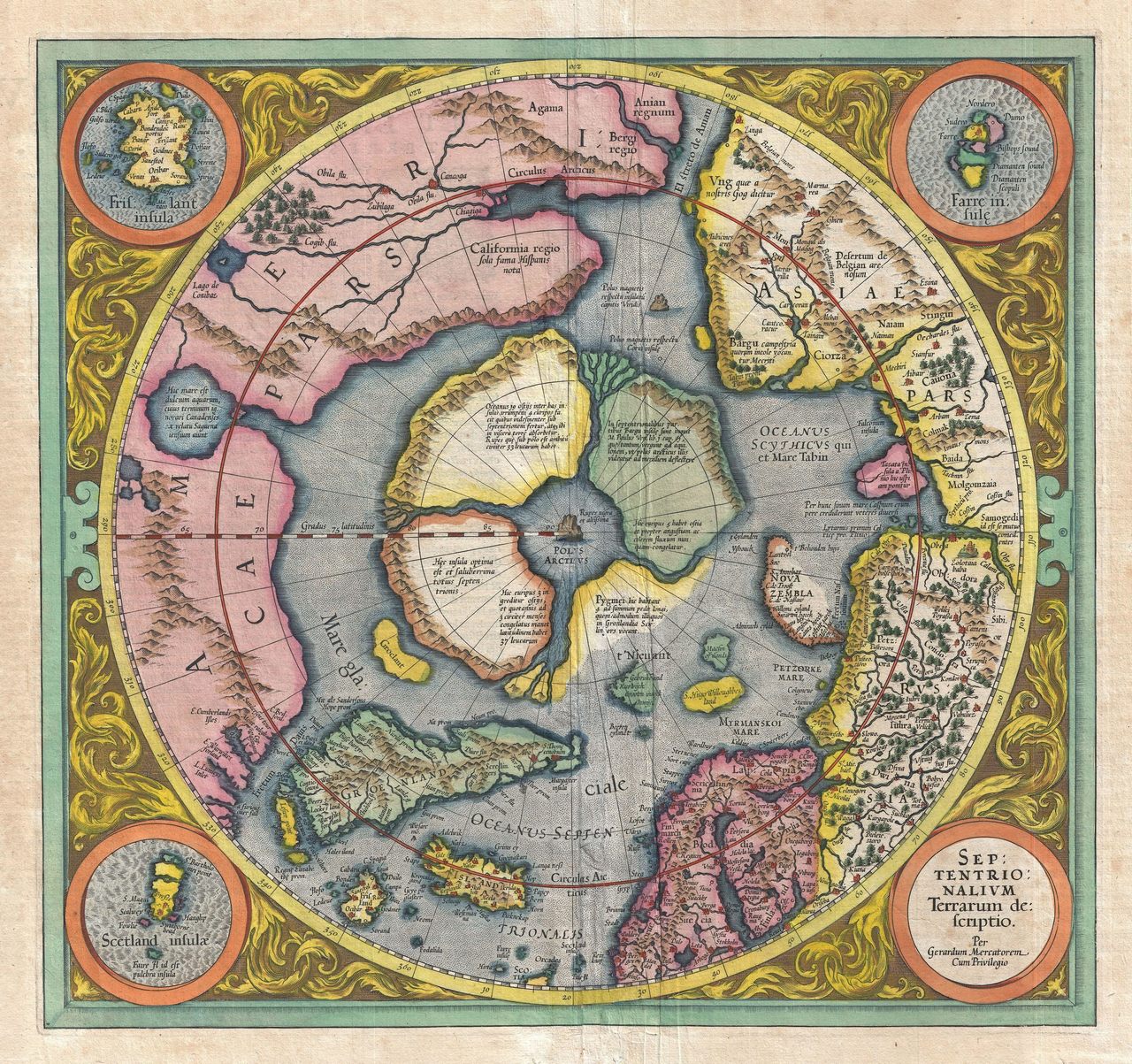
A new history of the North Pole uncovers its deep significance for modern civilization - ArcticToday
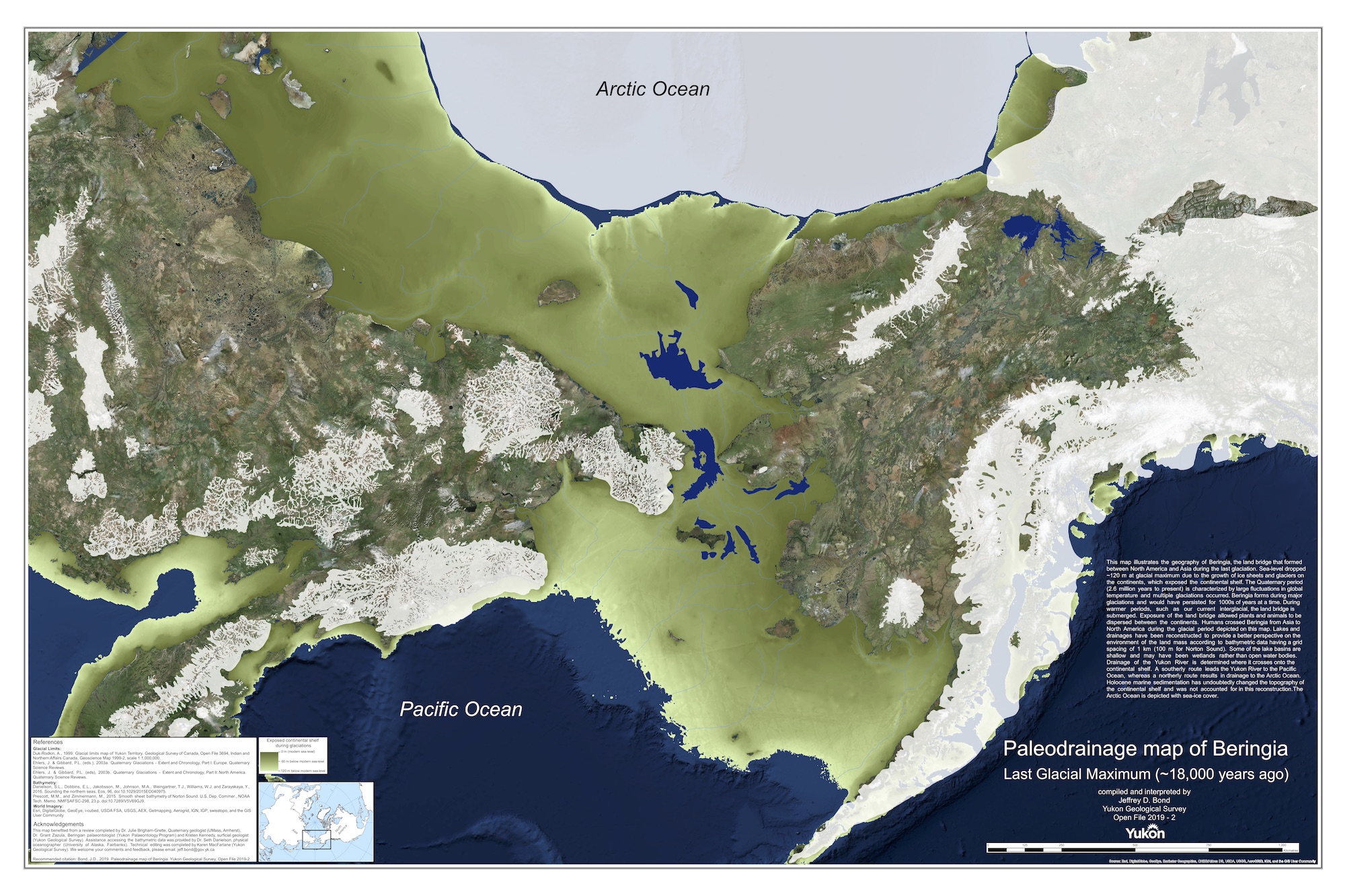
Humans Crossed the Bering Land Bridge to People the Americas. Here's What It Looked Like 18,000 Years Ago. | Live Science

This Animal Is Brought Back To Life By Scientists After Being Frozen For 24,000 Years At The North Pole
/https://tf-cmsv2-smithsonianmag-media.s3.amazonaws.com/filer/24/7a/247aa405-bb18-4eec-a00f-4617461b4c6f/raghavan4hr.jpg)
The First People to Settle Across North America's Arctic Regions Were Isolated for 4,000 Years | Smart News| Smithsonian Magazine
